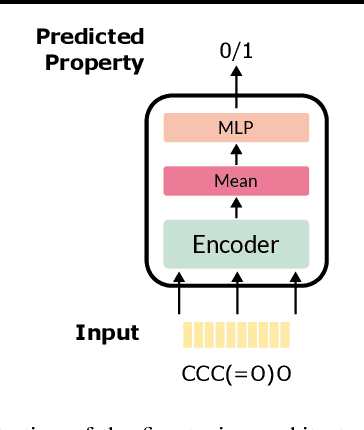Erik Ylipää
Implementing a Nordic-Baltic Federated Health Data Network: a case report
Sep 26, 2024

Abstract:Background: Centralized collection and processing of healthcare data across national borders pose significant challenges, including privacy concerns, data heterogeneity and legal barriers. To address some of these challenges, we formed an interdisciplinary consortium to develop a feder-ated health data network, comprised of six institutions across five countries, to facilitate Nordic-Baltic cooperation on secondary use of health data. The objective of this report is to offer early insights into our experiences developing this network. Methods: We used a mixed-method ap-proach, combining both experimental design and implementation science to evaluate the factors affecting the implementation of our network. Results: Technically, our experiments indicate that the network functions without significant performance degradation compared to centralized simu-lation. Conclusion: While use of interdisciplinary approaches holds a potential to solve challeng-es associated with establishing such collaborative networks, our findings turn the spotlight on the uncertain regulatory landscape playing catch up and the significant operational costs.
Pre-training Transformers for Molecular Property Prediction Using Reaction Prediction
Jul 06, 2022



Abstract:Molecular property prediction is essential in chemistry, especially for drug discovery applications. However, available molecular property data is often limited, encouraging the transfer of information from related data. Transfer learning has had a tremendous impact in fields like Computer Vision and Natural Language Processing signaling for its potential in molecular property prediction. We present a pre-training procedure for molecular representation learning using reaction data and use it to pre-train a SMILES Transformer. We fine-tune and evaluate the pre-trained model on 12 molecular property prediction tasks from MoleculeNet within physical chemistry, biophysics, and physiology and show a statistically significant positive effect on 5 of the 12 tasks compared to a non-pre-trained baseline model.
 Add to Chrome
Add to Chrome Add to Firefox
Add to Firefox Add to Edge
Add to Edge